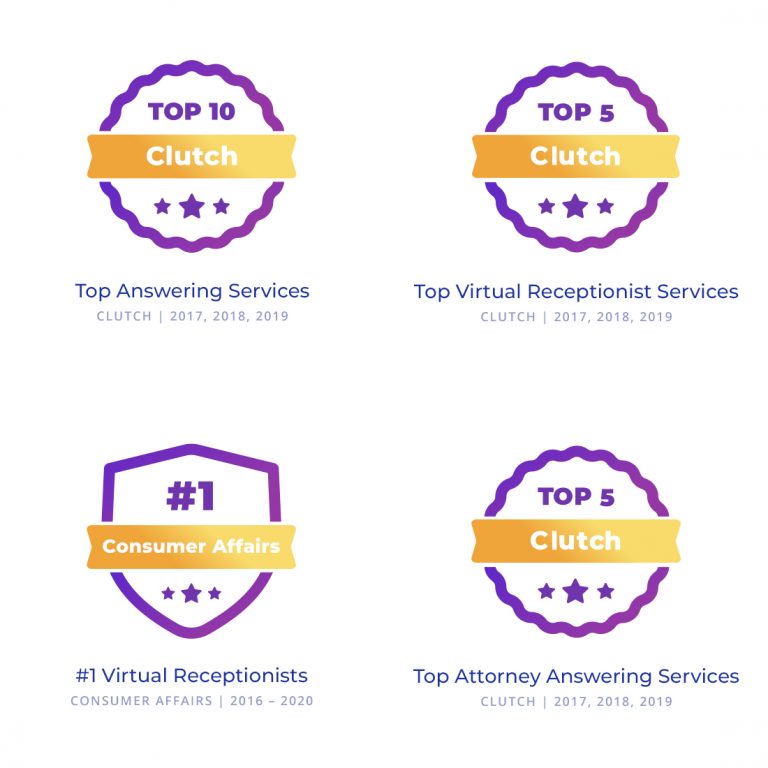If you have ever called up customer care or technical support and have had trouble understanding the words being spoken, or the accent in which the agent is speaking, you may be speaking with an agent either new to North American or from an international call center.
This isn’t always the case though. One must remember that even within North America, there are different varieties of English that are spoken, and the way a person speaks in New Orleans could be markedly different from someone who has always lived in New York City. An agent from Alabama may speak with a distinct Southern accent, while a recent immigrant from an Asian country might find it even harder to make herself understandable. This is one of the reasons why the best answering service providers also train their employees in accent neutralization.
Accent neutralization is the process of understanding subtle regional differences in the way a language is spoken, and trimming the edges to make one’s speech sound more neutral.
Accent neutralization is not about adopting a new accent, and speaking like someone a person is not. Accent neutralization helps employees to get over stronger regional twangs and accents, and speak in a more neutral fashion so that callers from anywhere in the globe can understand them clearly.
Let us take a look at what a normal accent neutralization training program usually looks like.
1. English Language Structure
This part of the training consists of lessons that help the employee to understand how the English language is structured, and how it is used differently in various regions of the world. Usually, this focuses on the region where most of the calls would originate from. For instance, if callers are based in the US, the focus of English language structure would be on American English. Depending on situations, agents may undergo training concerning how English is used in Australia, New Zealand, Canada, or Great Britain.
2. Phonetics
Phonetics are one of the most important aspects of accent neutralization training. Phonetics lessons can help customer service representatives understand the various sounds used in English language. They are rigorously trained in the differences between vowel and diphthong sounds, while they learn to pronounce consonants in a more neutral manner. This is especially important because there are differences even among native speakers of English, in the way certain vowels and diphthongs are pronounced. For example, you might have already heard about the caught and cot dichotomy, known as “cot-caught merger” and even has a Wikipedia page dedicated to it.
3. Syntax and Semantics
Syntax is how a language is constructed. In this component, trainees often undergo rigorous exercises concerning commonly made errors in English, by both native speakers and second-language learners. As syntax concerns grammar, some common grammar rules are taught, so that agents can speak confidently when they receive calls. Semantics concerns the meaning of words, and this is important because people in various regions may associate different meanings to the same words. Regional differences in word meanings are explored, and trainees learn to speak in a more neutral manner, which involves avoiding words that may be vague or that which may have ambiguous meanings.
4. How English is Used
Since English varies across the globe, most accent neutralization programs give agents a brief idea about how these various accents may differ from each other, and how one can focus on neutral ways of speaking. The best answering service companies (https://clutch.co/call-centers/answering-services) know that even if they are catering to a specific region, they may get calls from practically anywhere in the world. We live in a globalized world today, and most businesses have clients and customers from all over the world. Keeping our accents as neutral as possible is important to make ourselves be understood clearly. For example, a 24 hour answering service based in Houston, Texas, may get calls from United Kingdom, and it is important for agents to keep their accents as neutral as possible.
5. Speech
Speech is another important aspect of accent training programs, as it concerns the tone, rate of speech, intonation, stress, and voice control, among others. Speech lessons focus on practical exercises which help employees to deliver and stress words and syllables correctly. It’s helpful to work on this after phonetics, so that the agents already know how to pronounce words correctly. Another focus is on speaking at the appropriate speed, and maintaining a consistent volume of speech, so that listeners do not have difficulty understanding the agent.
6. Culture and Interpersonal skills
A very important aspect of accent neutralization is becoming sensitive and receptive to people from different cultures and backgrounds. Successful agents are trained to have strong communication and interpersonal skills, to be culturally aware, and to speak clearly, in an empathetic manner. As we discuss in many of our blogs, being empathetic to all kinds of people, and responding to them in a friendly and understandable manner, is the key to success in customer service.
7. Trimming the rough edges
To provide client satisfaction, a 24-hour answering service usually provides accent neutralization as part of training to its employees. As we explained above, accent neutralization is not about changing one’s accent or speaking like the caller does. Instead, it is about softening the rough edges, and speaking in a clearer and more understandable manner so that one can more easily connect to people from different geographic and demographic sections.
The Abby Way
Here at Abby Connect, our top priority is for callers to feel welcomed, comfortable and helped. Our receptionists are 100% US based and have been trained in accent neautralization so that their own regional accents do not interfere with their customer service. When interacting with callers who have heavier accents, our receptionists are trained to listen carefully, speak slowly, calmly, clearly, and confirm all information. Learn more about our Abby Academy training program our receptionists must all complete when you experience our free trial!
